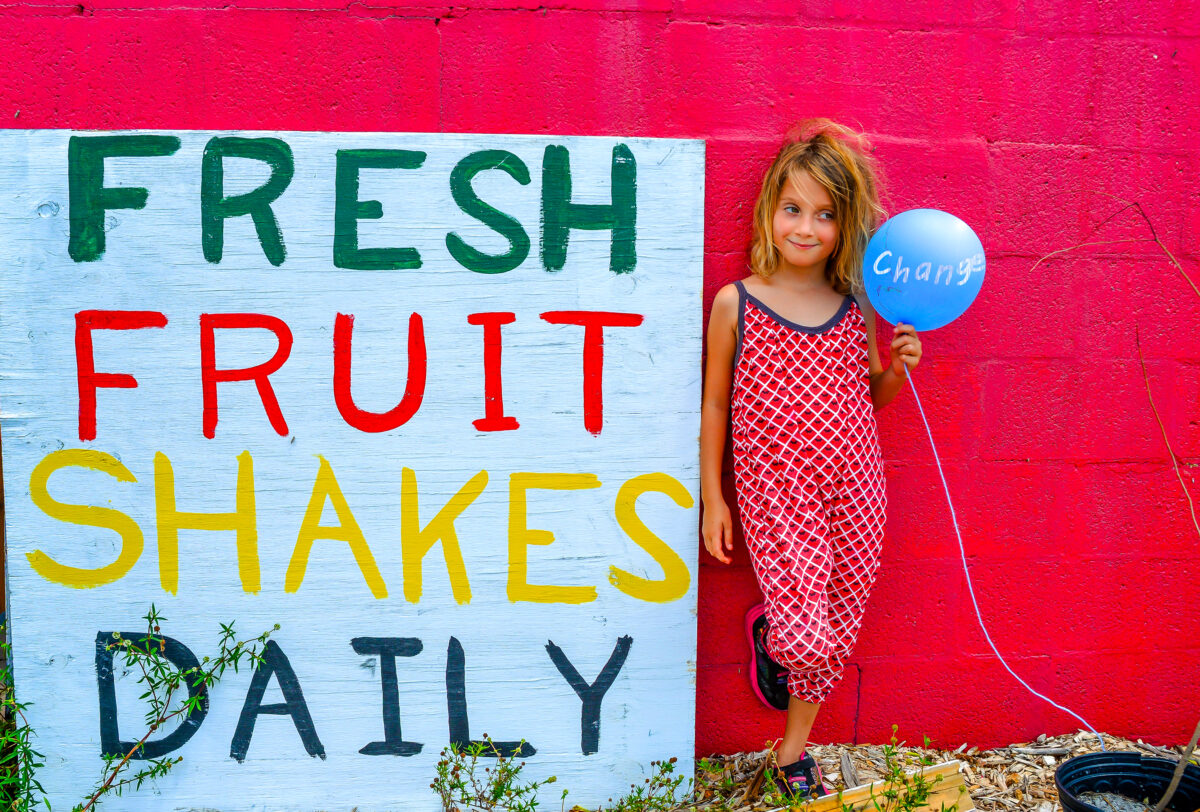
COP28: UAE schools serious about sustainability? Then take meat off the menu. Arbor Principal Brett Girven on his green goals
With COP28 in full swing, it’s clear that Arbor School Dubai is leading the way in terms of sustainability in UAE schools. Committed to implementing sustainable practices in the ‘four Fs’ – Food, Fuel, Fashion and Facilities – the school officially installed a biodiesel storage tank onsite this November, enabling its fleet of school buses to run on lower carbon biofuel made using waste cooking oil from Dubai restaurants. The alternative fuel is able to run in a conventional diesel engine, and Arbor was able to make the switch without suffering a significant additional cost – yet it is estimated that the change will avoid 40 tonnes of greenhouse gas emissions annually.
But as much as it might make them stand out, sustainability is not something Principal Brett Girven wants to maintain as an Arbor School USP – far from it. Rather, he passionately wants every school in the UAE to commit to sustainability in exactly the same way – so much so that he was involved in the setting up of The Alliance of Sustainable Schools (TASS), a network of schools working together to accelerate the adoption of sustainability measures in schools around the world.
Mr Girven, who is also the convenor of the Middle East chapter of TASS, says:
“Although we are not the first school in Dubai to use biodiesel in their school buses, I have been surprised by how easy it has been to make the change, and I’m surprised that more schools are not doing this. I hope that Arbor can help other schools make this transition, and as a member of TASS we have the opportunity to do so.”
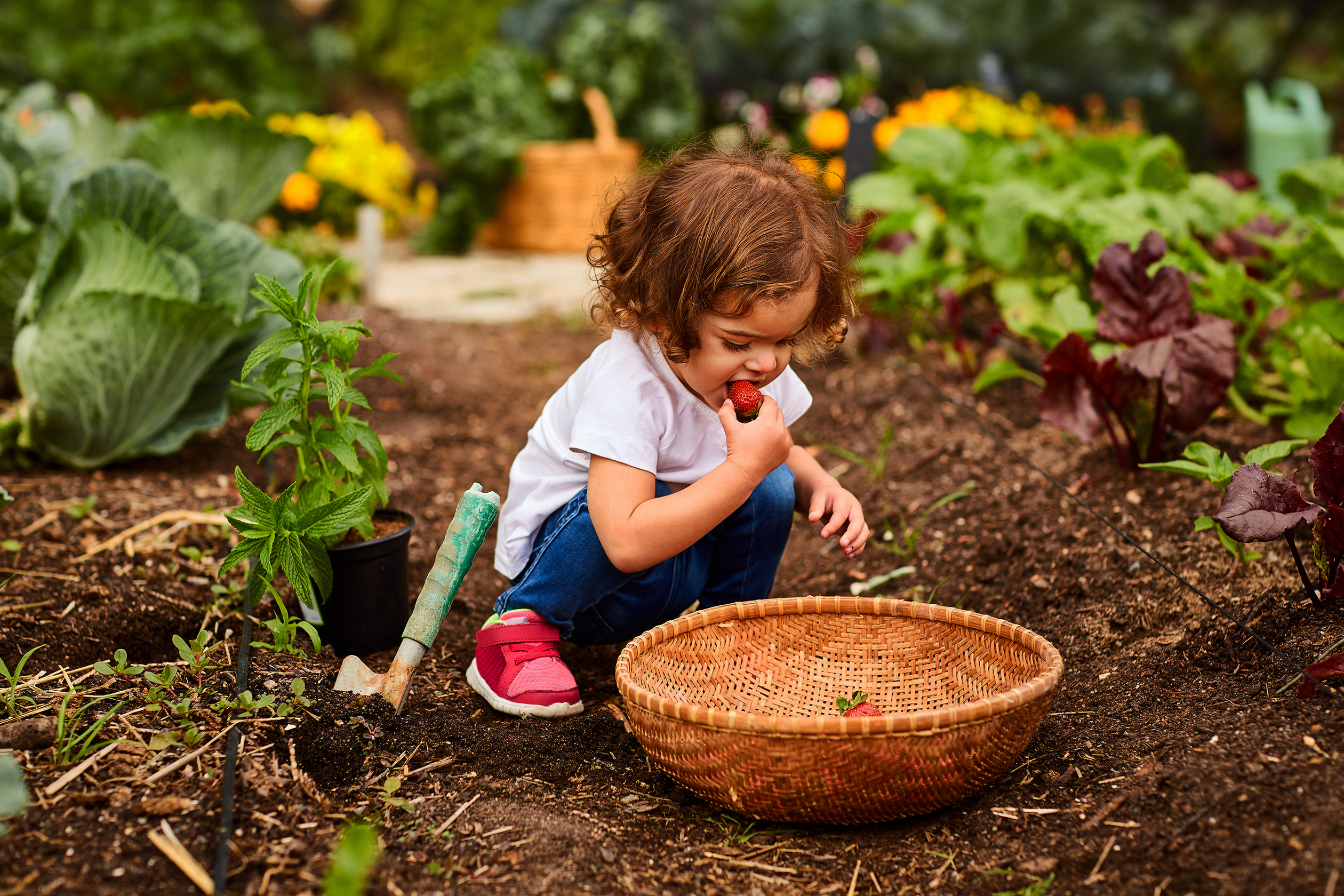
As COP28 focuses minds, The Arbor School is already investing in creating an understanding of where food comes from – and its climate costs, by integrating its multiple biodomes at the core of its sustainability and eco literacy curriculum.
But it’s not only school bus Fuel that Girven is aiming to make more sustainable. Food is another key area where there is significant room for improvement, and Mr Girven believes that taking meat out of the Arbor canteen would be one way to achieve this.
Arbor boasts its own in-house Michelin-trained chef, as well as a pastry chef, and the school kitchen is well versed in providing delicious, wholesome plant-based meals and meat alternatives for its Meatless Mondays. While the canteen stull currently serves meat, implementing a sustainability-driven meat-free policy is something Mr Girven says he would like to work towards. He explains:
“I can remove all the paper out of our school and the needle of our carbon footprint would hardly budge. But I can take meat off the table and the needle would swing dramatically, because the emissions involved in meat production are just ridiculous.”
Although this might sound controversial to some, Mr Girven is keen to point out that this would not be about indoctrination or pushing a vegan agenda, or a blanket ban on meat inside the school premises.
“I don’t want our students to be vegan, because that’s a lifestyle choice made by mums and dads. And if children want to eat meat before and after school, or they want to bring in their own sausage sandwich for lunch, that’s all fine. But in the same way that I wouldn’t use a certain cleaning product because it’s less sustainable, I wouldn’t use a certain food product because it’s less sustainable. And that’s why we will work towards removing meat off our menus.”
Research shows there are compelling reasons for eschewing meat on the grounds of sustainability. The UK Committee on Climate Change report released in 2019 states that the livestock industry accounts for an estimated 14.5 per cent of all human greenhouse gas emissions, and that in countries with high per-capita meat consumption (like the UAE, which consumes 18 times more meat per person than the global average), a shift to plant-based diets would deliver up to around a 73% reduction in diet-related emissions compared to current levels.
A recent study from EAT-Lancet also recommended a shift from meat to plant proteins on climate grounds. Prof. Walter Willett, MD Harvard T.H. Chan School of Public Health, writes in the EAT Lancet report:
“A radical transformation of the global food system is urgently needed. Without action, the world risks failing to meet the UN Sustainable Development Goals (SDGs) and the Paris Agreement, and today’s children will inherit a planet that has been severely degraded and where much of the population will increasingly suffer from malnutrition and preventable disease.”
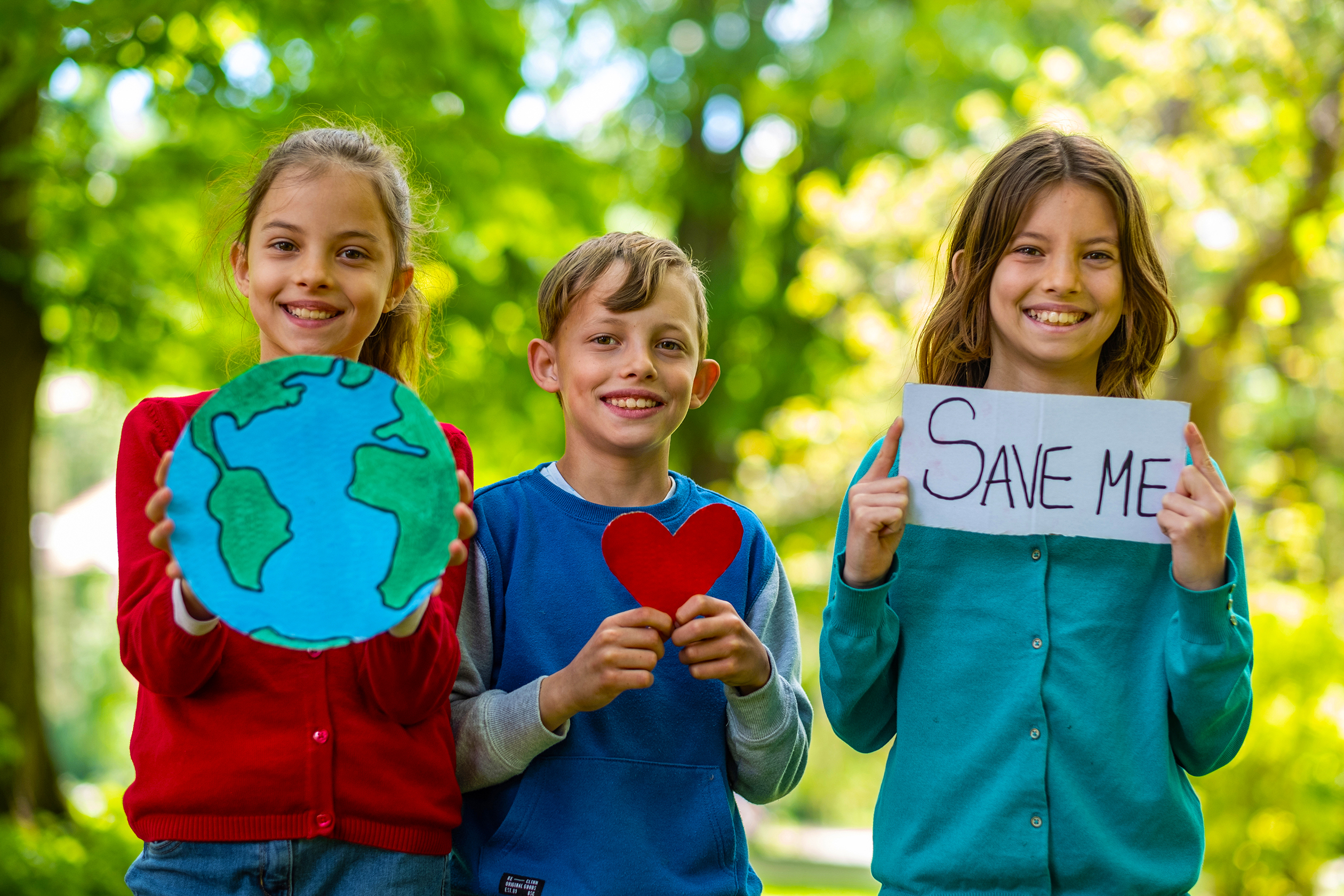
Sustainability at COP28 must inspire new ways of thinking and acting, in schools. Arbor School Dubai addresses how schools can, should and must make the difference.
For Mr Girven, this possibility is devastating enough to prompt serious action – something that he was encouraged to do by a famous recent visitor to Arbor school:
“The person who inspired me was Jane Goodall.”
The now 89-year-old renowned primatologist and anthropologist – best known for her long-term study of chimp behaviour – visited Arbor school in February 2023, where she gave a rousing speech to the students and staff. The founder of Roots & Shoots and the Jane Goodall Institute – a global wildlife and environmental conservation organisation – Ms Goodall told a story of hope for a better world and assured her audience they can make a difference by simply starting – whether through small or big actions.
“It was one of the best days of my life as an educator. And it left me feeling, in a nice way, that we can do more. And, in our position of privilege, we should do more. During her presentation we all had to shout it together: ‘We can, we will, we must.’ And I know I can do better. And taking meat off the table at our school is one thing I can do, and it will move the needle massively.”
While Mr Girven anticipates that there could be a backlash to such a decision from some parents, research suggests that many of the UAE’s young people would be supportive of it. A White Paper published in 2020 by Emirates Nature WWF, reflecting the views of 1,595 young people in the UAE, found that 99% of them agree that ‘sustainable diets and nature-friendly food production should be a priority’, and 89% are ‘willing to include alternative protein in their diets’. The opportunity precedes COP28, but COP28, with its call for action, makes it never more timely.
If Arbor School were to introduce a meat-free canteen policy in the name of sustainability, it would be the first UAE school to make such a bold commitment to green aims – and what better time to prompt such a discussion than on the very day that high-level delegates from around the globe are gathering at COP 28 in Dubai to discuss how the world can unite to mitigate the impact of climate change?
But sustainability is no gimmick, emphasises Mr Girven, and it will remain of the utmost importance once the high-level delegates have left and COP28’s venue Expo City has reverted to business as usual:
“I want our children to understand that sustainability was here before COP and it needs to be here after COP too. It’s not like it’s suddenly important over the week that COP28 is on and then it stops being important. It’s a phenomenal opportunity for us and the UAE to use this global platform and be heard and make a difference. But there’s a risk of tokenism. So we’ve got to be better than that.”
Being ‘better than that’ involves weaving ecology and environmentalism into every aspect of school life, says Girven. In the same way as specialist computer rooms are now largely redundant in schools because the technology impacts every aspect of school life, so Girven foresees a time when sustainability isn’t portioned off into a separate area of the curriculum, but is fully immersed in children’s hearts, minds and daily lives, so that they are motivated and able not just to fight against the system, but to change the system from the inside:
“Sustainability as an operational switch from one thing to another is the easiest part to look at – see how quickly we were able to introduce a biofuel tank at Arbor. But it needs to go deeper than that. How are we still discussing recycling for example? It shouldn’t even be in question. And that’s the harder part: changing children’s mindsets, over a long period of time, so that a sustainable approach is not even a question anymore.
“Think about it: what were the big issues that people revolted against in history? Slavery, and racism and women’s rights. It would be abhorrent to question where we are now on those issues, or that we need to be better. But imagine if that were sustainability. If it weren’t even a question that school buses should use biofuels; it weren’t even a question that single-use plastics shouldn’t exist.
“Arbor is not a green school. It’s green-ish. But more than that, it is a purpose-driven school.
“The point is not for us to create eco warriors and Greta Thunbergs – although we might, but that’s not the point. But if our children leave here and go into economics, but they have an ecological economic lens, they’re in a position to change the world. If they leave here and go and become a designer with an ecological lens, they’re going to design in a different way. So they have to be fabulously literate and numerate and great at science and fantastic computer scientists – all those things are required in order to be able to go out there and change the world. You can’t rewrite the rulebook unless you already know the rulebook.”
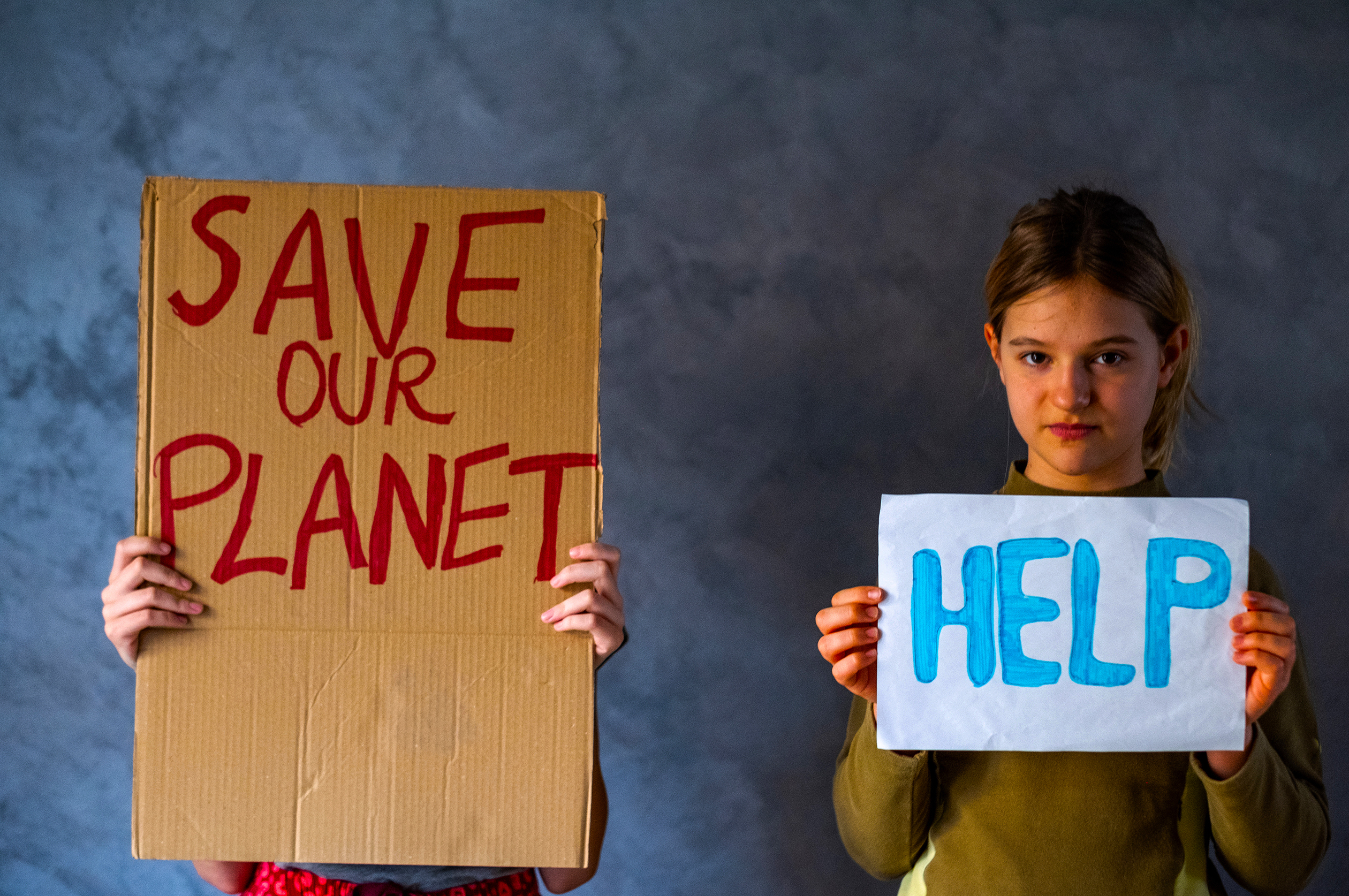
So how can other UAE schools practically begin to commit to the sorts of sustainable changes that will actually make a difference? Mr Girven has some advice:
“The first thing is to commit to the fact that it should be a part of everything, not just a separate committee. So commit to it. If you want to improve literacy you wouldn’t buy two books and have a reading committee for 10 children in the school. So commit to eco literacy like you would commit to any other priority in your school.
“If you want to improve literacy, what would you do? You give someone the job, you give them resources and time allowance, you put in a plan, and you execute it. Schools are phenomenal at doing that, so just change literacy to eco-literacy or sustainability, and make it part of your everyday.
“Next, believe that the solutions you are looking for are available – it just might take work. So fuel is a really good example. If it’s possible for 20% of the STS bus fleet and it’s possible for Arbor school to adopt biofuel at no real extra cost, then it’s possible for everyone. If it’s possible for 20% of the fleet, then why isn’t it 80%? It’s because the barriers are in our minds.
“Commit as a school to the things that will move the needle – Fuel, Food, Fashion Facilities. And commit as an individual to everything, because every little bit matters. Yes, picking up that little piece of litter or me using a bamboo toothbrush while a new coal factory opens somewhere in the world in the grand scheme of things isn’t going to matter, but it’s about the power of the collective.”
Arbor School, has made a distinct commitment to provide an education that builds towards what they term a “more abundant future” – something they emphasise over pure sustainability, since being sustainable simply means striving to maintain the status quo in the future, whereas Arbor’s more ambitious aim is to reach for more: a fairer, kinder, more abundant world.
Living up to this commitment incorporates all aspects of the school, including a curriculum that includes eco-literacy, as well as offering the ecologically focused Global Perspectives GCSE.
Arbor also invests in understanding the data side of its carbon footprint, and partnered with Metanoia consulting firm to complete a sustainability audit of all facets of the campus – including procurement, transport, food and food waste, energy and water usage, uniforms, and facilities management – and these insights helped to inspire the switch to biofuel:
“I was surprised to find that as a community, we travel almost five million kilometres annually simply to get to and from school each day. Once we knew this, we had to act. Transitioning our bus fleet to biofuels and carrying out an awareness campaign to increase ridership will have a huge and relatively fast impact on our carbon footprint, as well as reducing traffic, reducing airborne pollutants and decreasing pressures on parking within the community. It is a systemic solution.”
So what future plans does Arbor have to continue to reduce their footprint, particularly in the UAE’s Year of Sustainability?
Working on the Four F’s – Fuel, Facilities, Fashion and Food – Arbor has already made progress in terms of Fashion in being the first customer for sustainable school uniforms supplier Kapes, which provides uniforms in sustainable materials that have a positive environmental and societal impact. Its progress on Fuel is evident from its switch to biofuel, while its changes in Food are a work in progress, with the future aim being to take meat off the menu, as discussed above. The most immediate next step is Facilities, and Mr Girven says the school is continuing to invest in renewables and reducing water and food waste – including trying to harness the energy harvested by a solar sunflower on the school grounds, which was donated by an Arbor parent.
Wit the UAE’s launch of the Green Education Framework, Mr Girven believes that every single private school has the moral imperative to do something tangible about sustainability today – whether that’s switching to biofuels, reducing waste, or even providing meat-free school meals:
“This is the privilege of pretty much every private school in Dubai.
“50% of the world’s emissions come from the 1%. We educate that 1%; it’s us. So who in this world has the chance to make the biggest difference, if not those educating the 1%? The rest of the world can do what they like, but unless we tackle the issues of the 1% then nothing is going to change.
“So what a privilege and a burden and a challenge it is for those of us educating that 1%. And if we don’t take on that challenge then the rest of it is just band-aids. All the solutions we have to absorb carbon and build dykes and relocate people – they are all just band-aids, treating the symptoms rather than preventing the actual cause.
“But it’s not the children who need to solve climate change – that’s our problem as the adults in the room. But if we can change their mindset, so by the time they get there it’s not even a question any more, then we are making the right sort of difference.”
Further Information
Read our review of Arbor School Dubai
Visit the official Arbor School web site
Read one of our original stories on school lunches and going meat-free.
© SchoolsCompared.com. A WhichMedia Group publication. 2023 – 2024. All rights reserved.















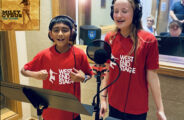





























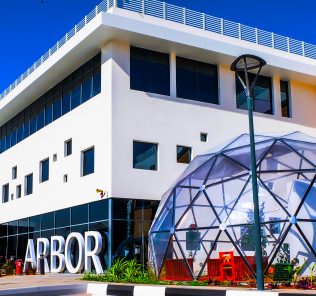
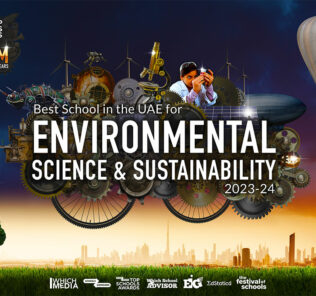


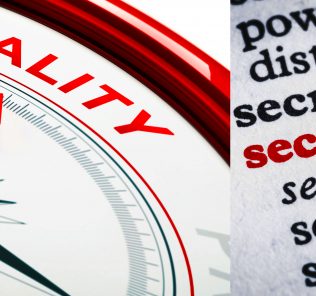

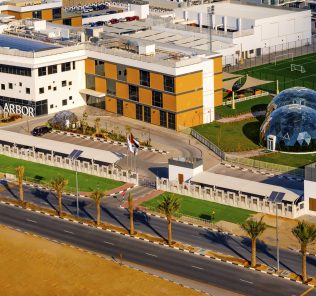








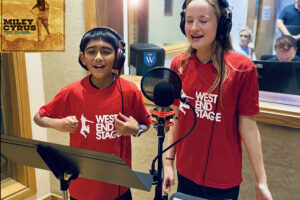
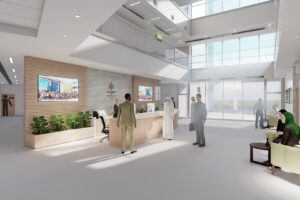
Leave a Response